Paul Farmer provides an excellent assessment of the 2014 Ebola outbreak. It was especially hilarious given that it was released during the Covid epidemic.
Paul Farmer provides an excellent assessment of the 2014 Ebola outbreak. It was especially hilarious given that it was released during the Covid epidemic.
Cute and funny story to show how kids exaggerate and how parents can tell
“I cannot go to school today, said little Peggy Ann McKay, i have the measles and the mumps, a gash, a rash, and purple bumps.”
This poem tells a funy tale of a child claiming to be sick and cannot go to school. The child lists a funny list of symptoms as reasons of not going to school
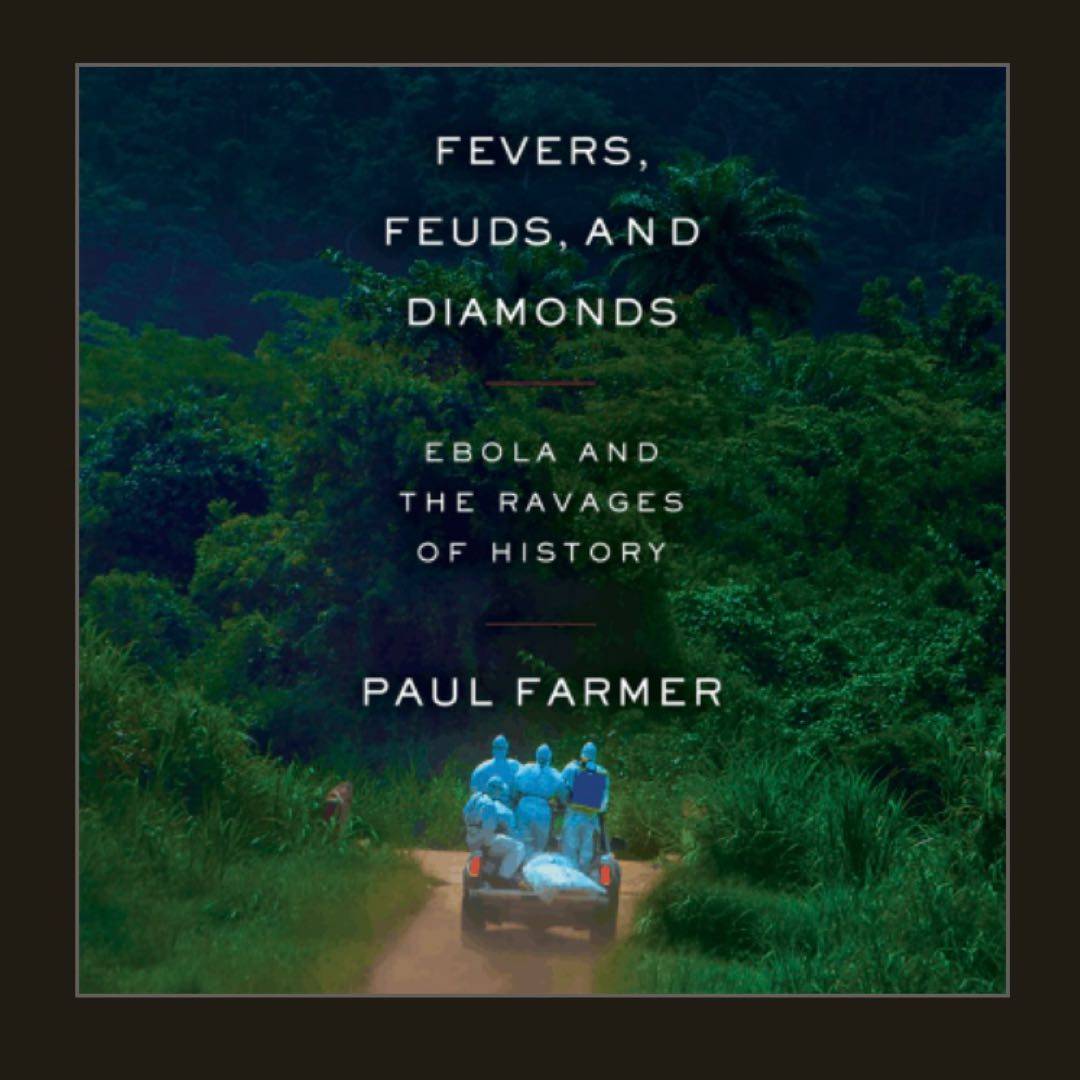
I previously read a fascinating book about the 2014 Ebola outbreak from a physician, but this one goes deeper. Farmer starts with that event then goes deeper into the past to show how Sierra Leone and Liberia came to be health care deserts via colonialism. You then comes forward again to show how radically different things could be with just basic supportive care. Terrific and sobering.
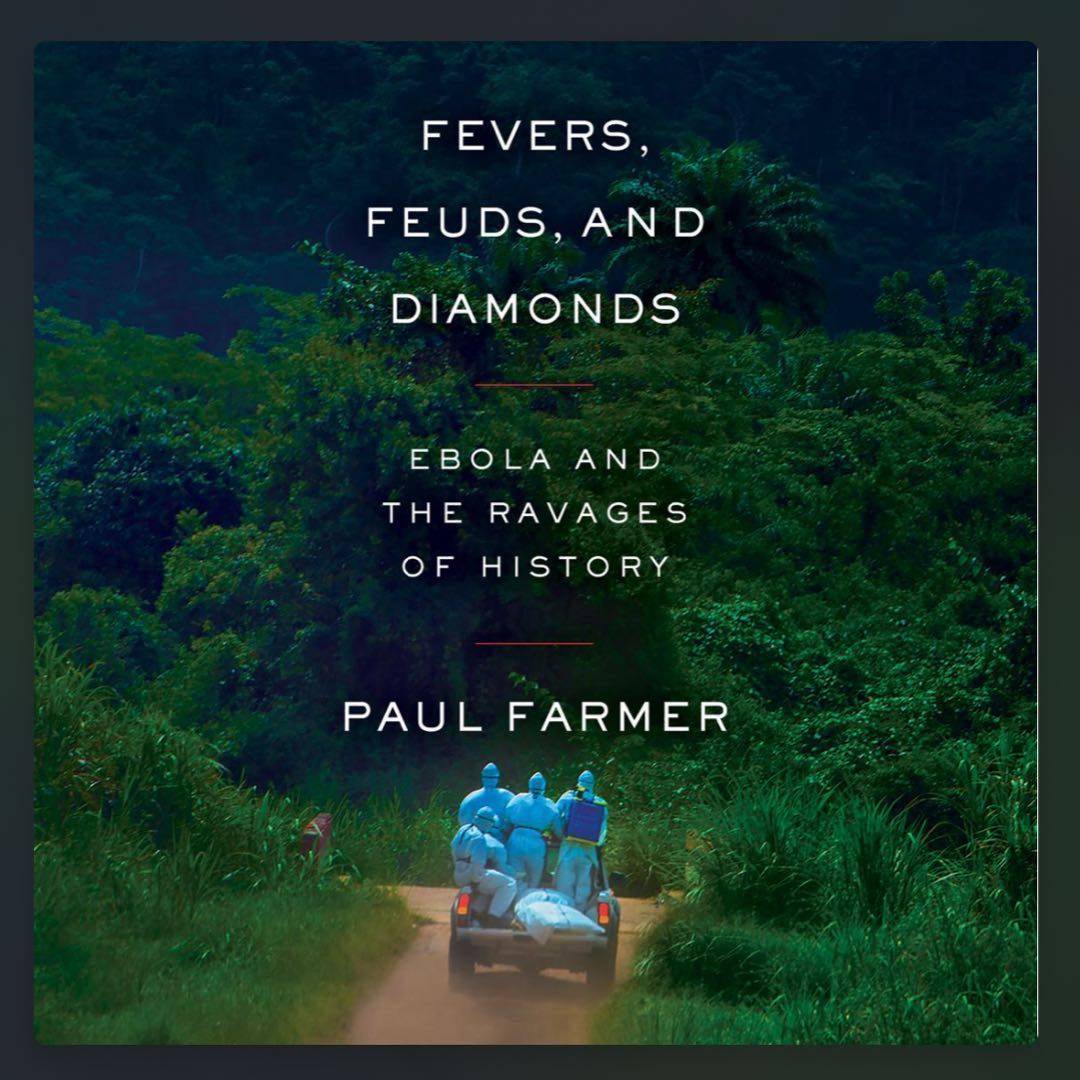
Listening to this 22 hr audiobook is an investment but one that pays dividends. Farmer, a doctor on the frontlines of the 2014 Ebola crisis, writes about the history of Sierra Leone and Liberia from the slave trade and founding of these countries to the current politics and extractive trading. He explains why these countries are healthcare deserts from a historical perspective and gives ideas how we can better prepare for the next health crisis.
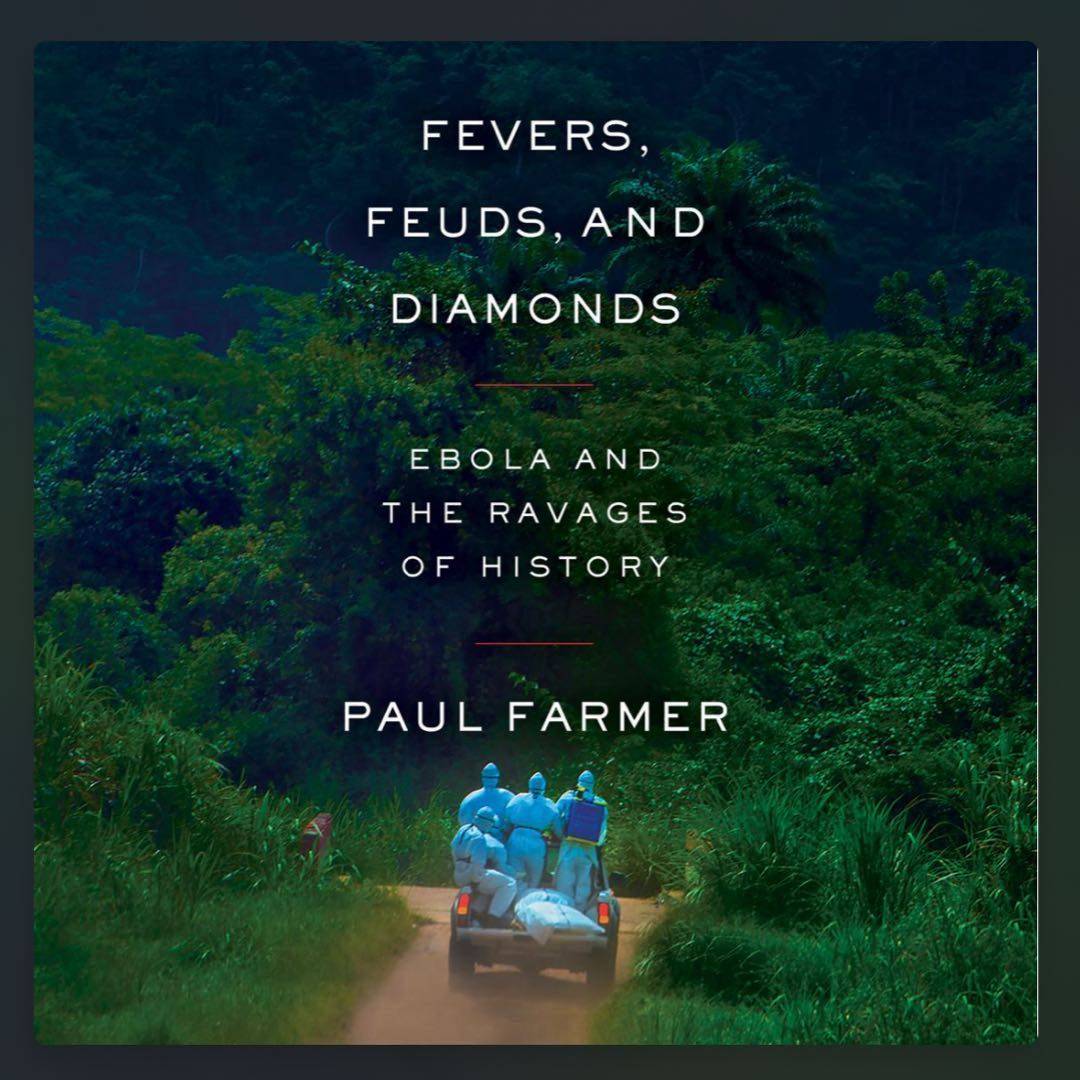
So you may have noticed I haven‘t written an audiobook review in awhile. I‘m still listening to them, but I‘m not enjoying it as much. With all the aides coming and going, I rarely get uninterrupted listening time anymore. However, I decided to leap into a super-long (22 hour) one about the 2013-15 Ebola outbreak and an sociological history of those countries, and I‘m really enjoying it! It‘s a bit slow going, but maybe I‘ll love audio again!
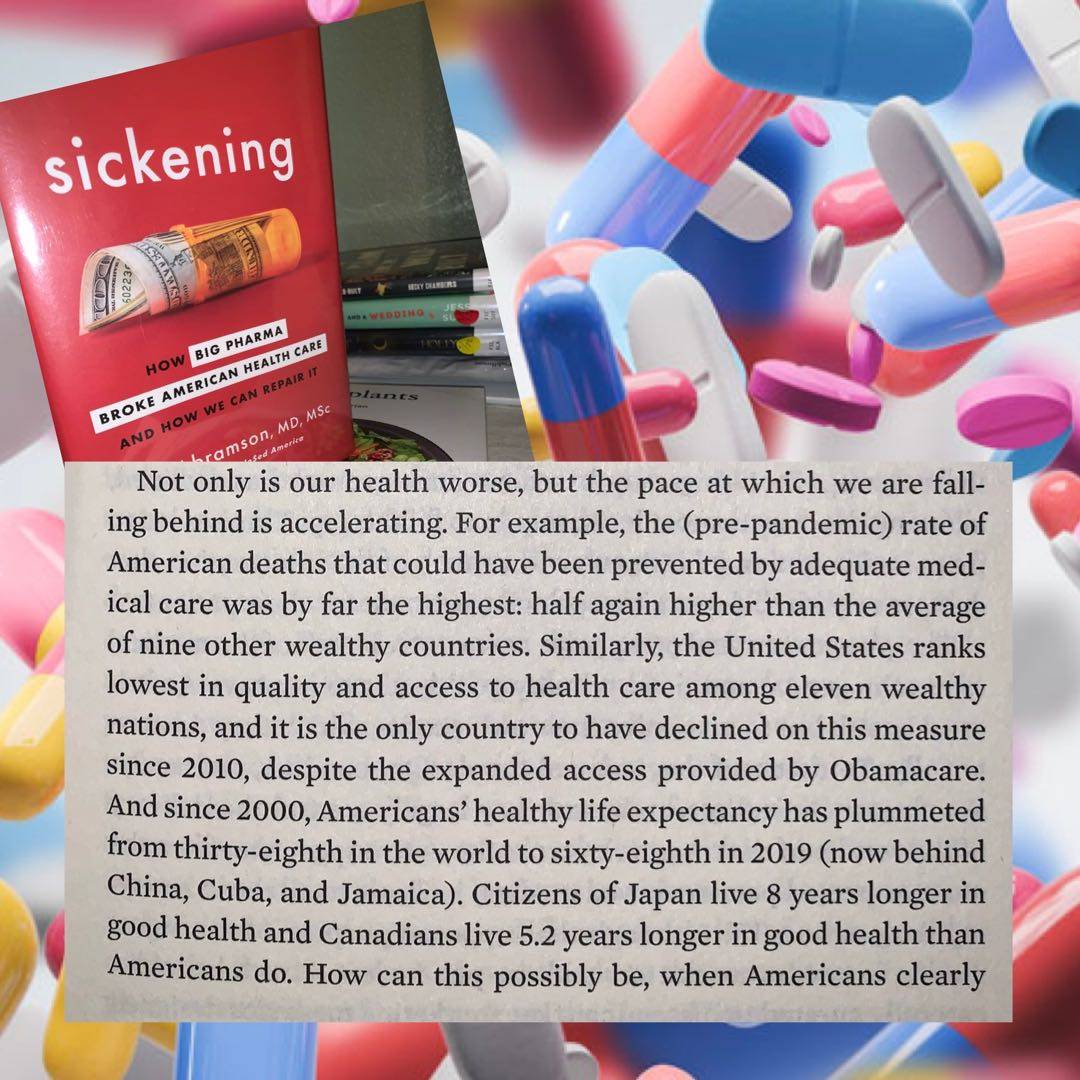
Not the most cheerful read, but informative and at the end also hopeful. It‘s amazing how much influence the pharmaceutical industry has on the healthcare system.
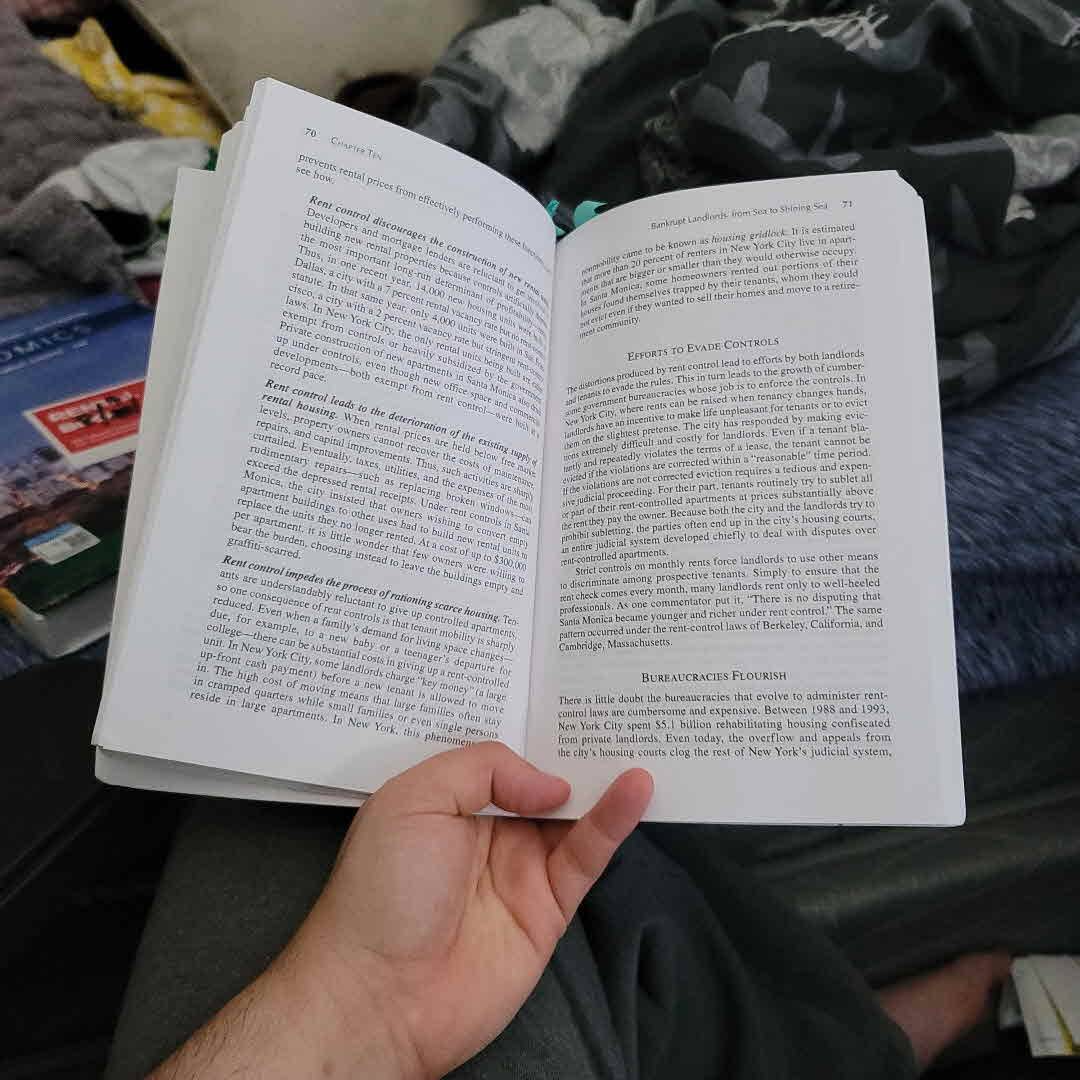
Got to read 5 chapters of this plus a chapter of my other textbook and all I can think about is how I don't really want to do homework and would like to do anything else....oh well last semester and I will have my associate's degree in business administration.
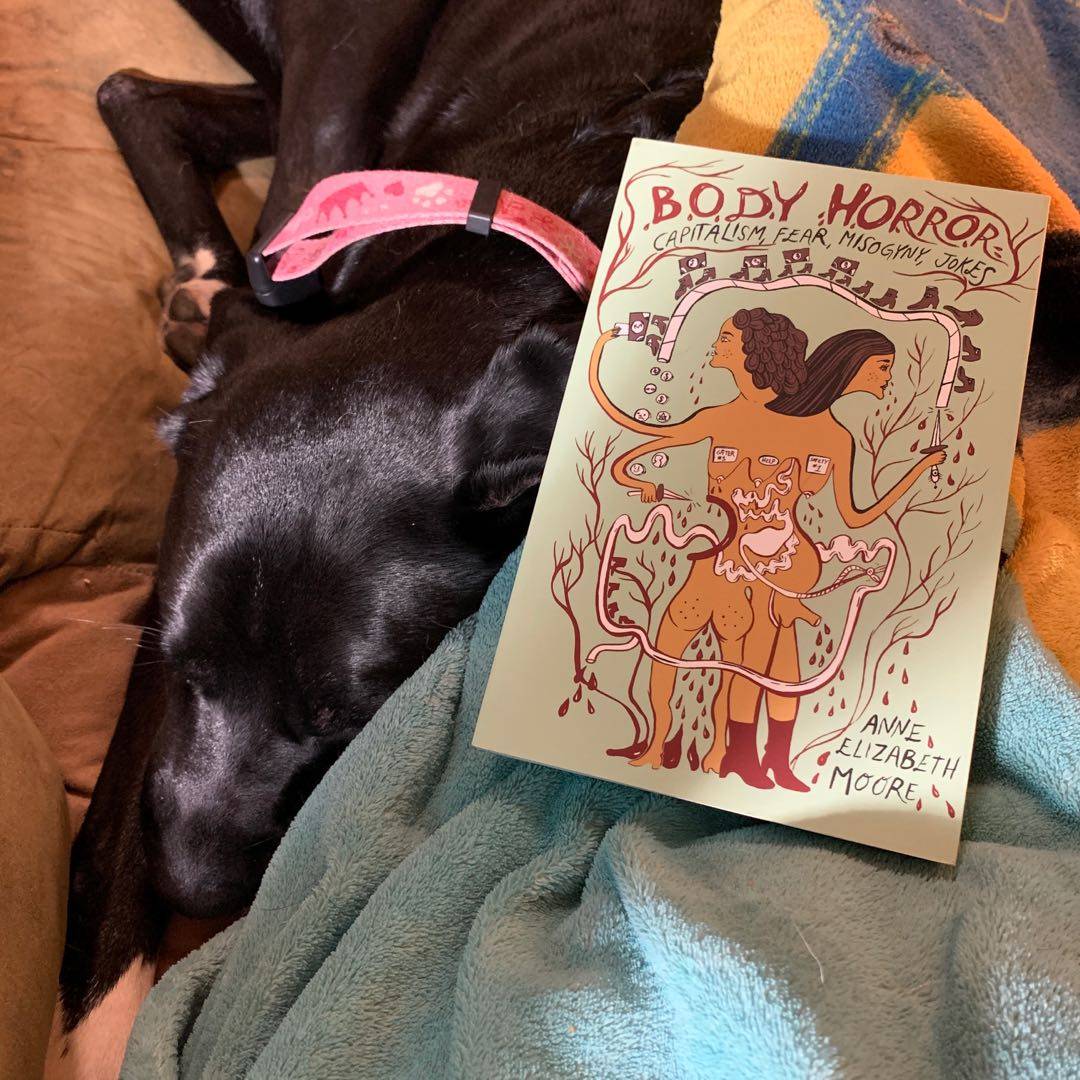
I want to like this book, as the writing is quite good. However, the author too freely falls into hyperbole, cherry picks to reach the conclusions she wants and presents some dangerous inaccuracies as medical fact. That‘s just not good.
Two essays here discuss #Cambodia, so I‘m using this for #ReadingAsia2021. It‘s also my #doublespin.